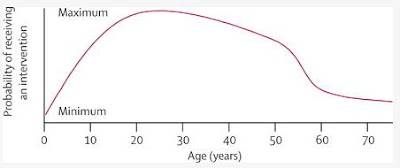- Feb 12, 2007
- 59,384
- 24,018
- 2,290
We do not and won't do that so your question is idiotic.
Thank you for providing yet more proof of that the progressive agenda is intellectually bankrupt.
What healthcare in this country is unlimited and free?
Government provided healthcare is unlimited unless you want to admit that it is rationed.
And for many of those who consume it, it is free.



